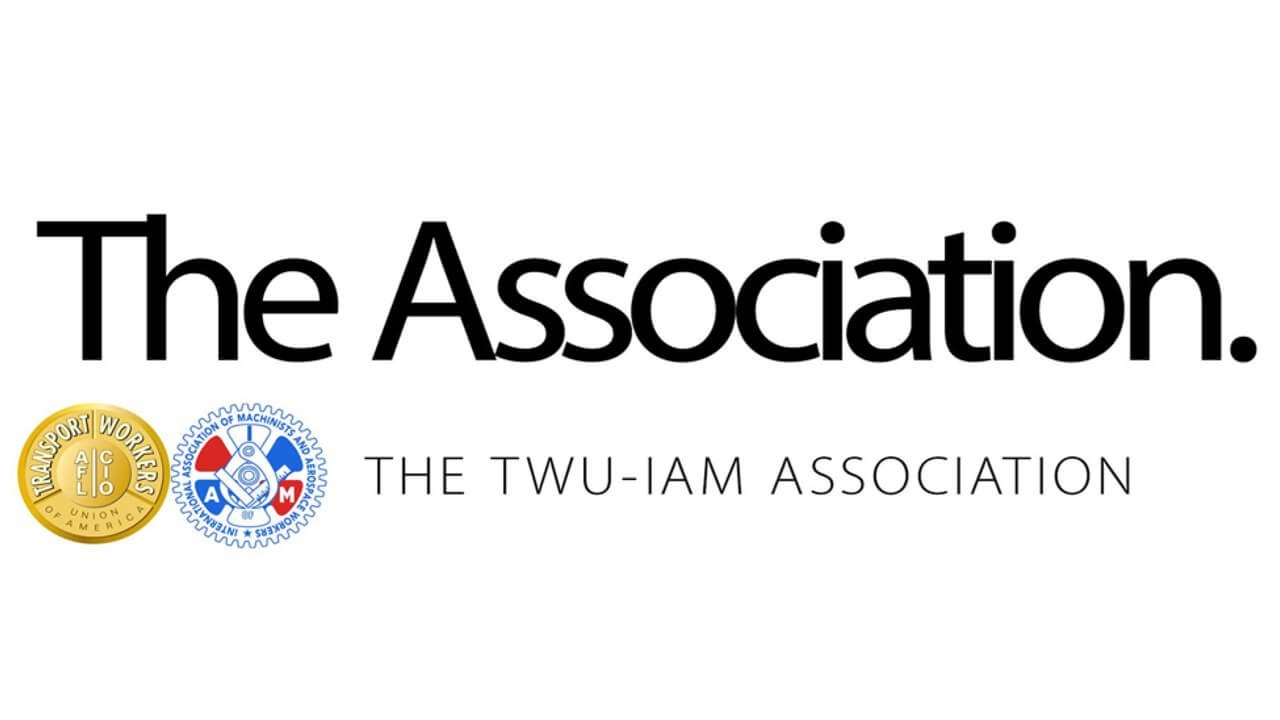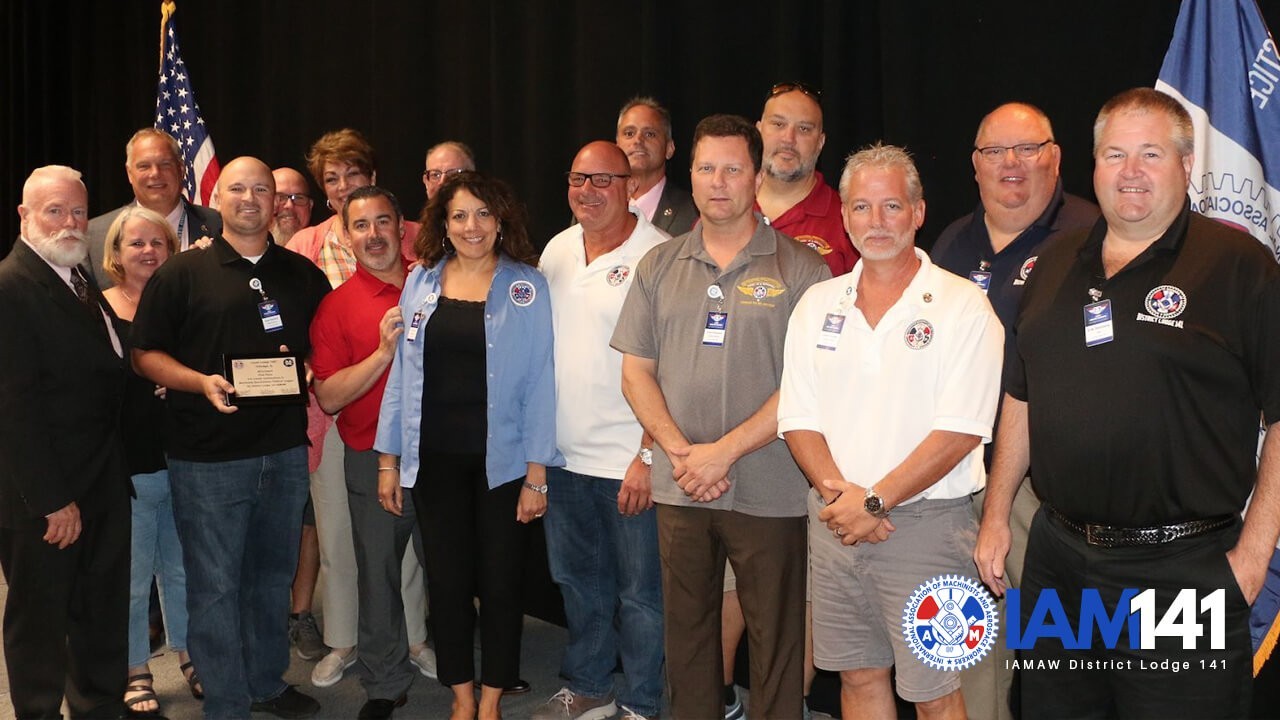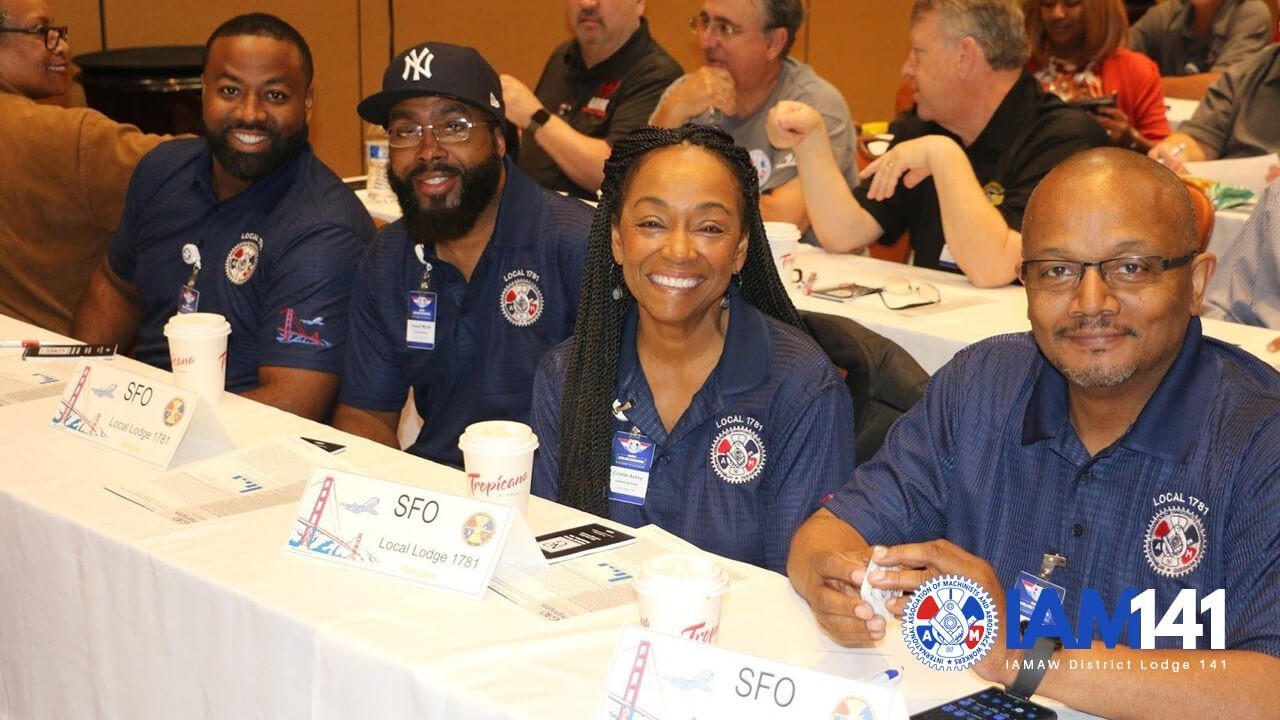
by Eric Price | Oct 18, 2019 | Airlines, American, Departments, Home, Organizing, The Association
Negotiations continued in Washington, DC this week. Some progress continues to be made and the negotiating committees were briefed. Your Executive Negotiators remain committed to achieving the best contract in the industry. Additional dates are scheduled for next...

by Eric Price | Oct 11, 2019 | Airlines, American, Departments, Home, Organizing, The Association
Negotiations continued in Washington, DC this week. Some progress continues to be made and the negotiating committees were briefed. Your Executive Negotiators remain committed to achieving the best contract in the industry. Additional dates are scheduled for next...

by Eric Price | Oct 7, 2019 | Airlines, American, Departments, Hawaiian, Home, Philippine, Safety, Spirit, United
Machinists Union members at IAH are rallying around a critically injured ramp agent who many know as a humble and hard-working friend. Ulysses Cruz was severely injured by an Allied Aviation van, according to officers of the International Machinists and Aerospace...

by Eric Price | Sep 30, 2019 | Airlines, American, Departments, Featured, Hawaiian, Home, MNPL, Philippine, Spirit, United
District 141 Legislative and MNPL Director Dave Roderick introduced the first MNPL 141 Club Awards to union activists who support legislation and public advocacy that improves workplaces in the airline industry. The awards were presented on the second day of the 2019...

by Eric Price | Sep 30, 2019 | Airlines, American, Hawaiian, Home, Philippine, Spirit, United
Airline workers with IAMAW District 141 are gathered in Las Vegas for the 2019 Committee Conference. Each year, the conference brings together elected union leadership from airports around the nation to network, share information, and celebrate the successes of the...

by Eric Price | Sep 27, 2019 | Airlines, American, Departments, Featured, Home, Organizing, The Association
Negotiations continued at the National Mediation Board offices in Washington, DC this week. Some progress on issues other than Scope, Retirement, Healthcare and Wages was made. Your Executive Negotiators remain committed to achieving the best contract in the industry....







